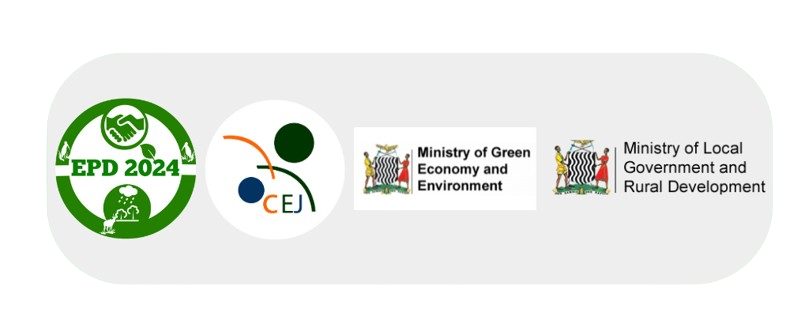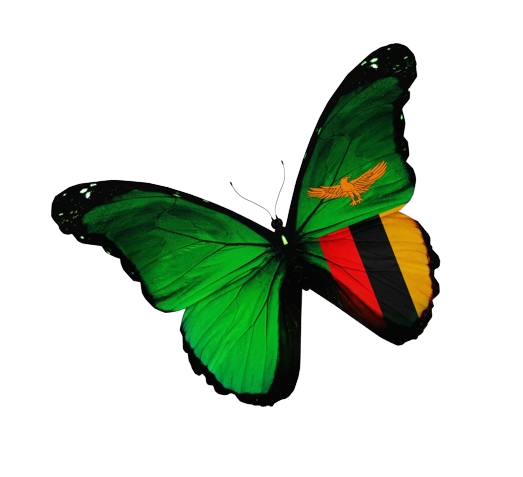Topic: The role of Trans Frontier Conservation Areas in the SADC region: challenges and opportunities
Background
Trans frontier Conservation Area (TFCA) are founded with the aim of collaboratively managing shared natural and cultural resources across international boundaries for improved biodiversity conservation and socio-economic development. In 2007, UNEP-WCMC published a list of 227 Trans frontier Conservation Areas across the globe covering over 4.6 million km². In the SADC region, there are eighteen (18) existing or potential TFCAs in both terrestrial and marine environments covering over 700,000km2 which have been grouped into three categories based on the level of development: Category A (TFCAs with a Treaty or other form of legally binding and mutually recognised agreement), Category B (TFCA with an MoU), and Category C (TFCAs at a conceptual stage).
SADC acknowledges that TFCAs can be effective vehicles for fostering regional cooperation and integration and enhancing socio-economic development in rural areas through the sustainable use of shared natural and cultural resources. According to Organisation for Economic Co-operation and Development (OECD) (2000, p. 9), “there is growing consensus that environmental degradation can, and does, trigger, amplify or cause conflict and instability, and a growing concern that environmentally induced conflict might increase”. In addition, “security institutions are now being called upon to protect access to environmental resources in other countries as well as in the global commons” (OECD, 2000, p. 9). This is a serious contentious issue in the region due to sharp differences in ideologies and governance systems among SADC member states.
This panel discussion will highlight the role of TFCAs and consider how the TFCA mandate can be sustained and enhanced. Panellists will identify challenges as well as opportunities and explore solutions that will lead to greater regional cooperation, stronger environmental protection and positive socio-economic outcomes for communities/inhabitants of these areas.
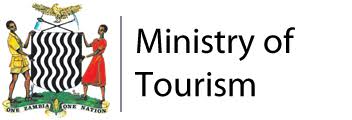
Ministry of Tourism
Website: https://www.mot.gov.zm/
The Ministry of Tourism strives to promote conserved natural resources, cultural heritage, and creative industries that significantly employment creation, sustainable economic growth, and poverty reduction by 2023.
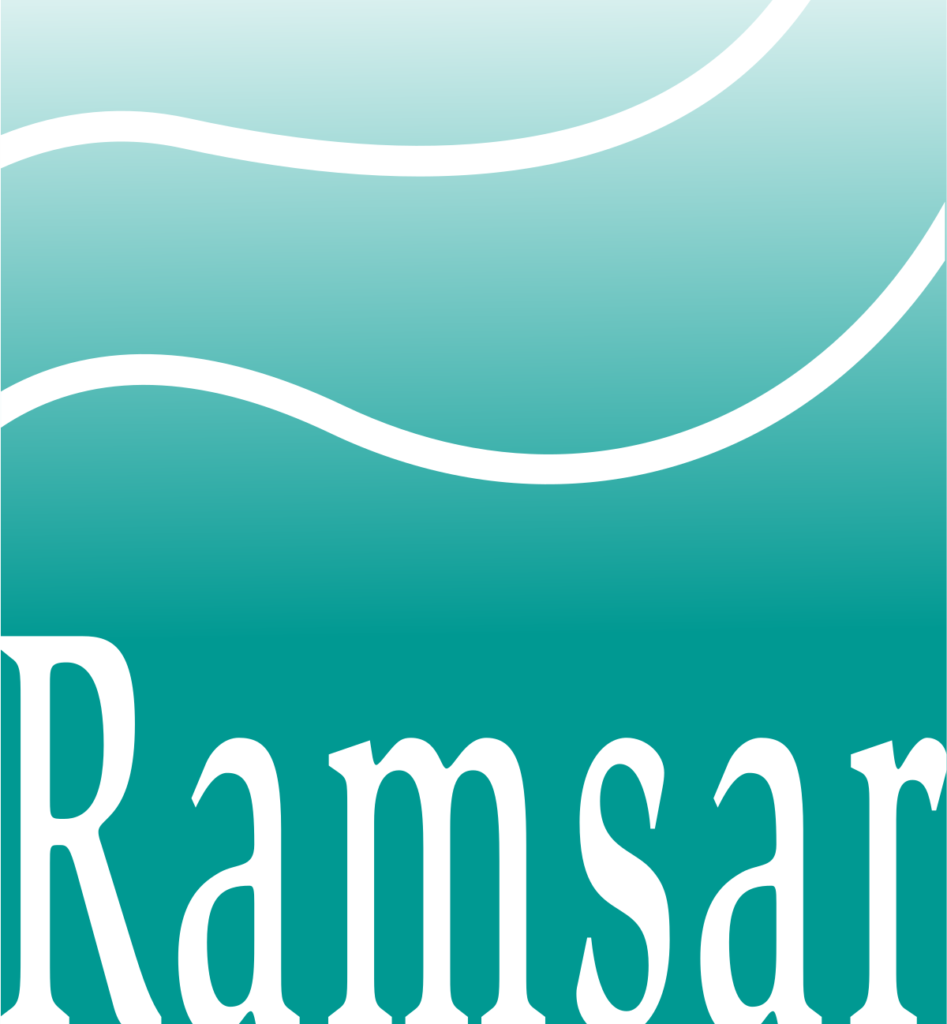
Ramsar Convention
Website: https://www.ramsar.org/
The Convention on Wetlands of International Importance, commonly known as the Ramsar Convention, is a global inter- governmental treaty that provides the frame- work for national action and international cooperation for the conservation and wise use of wetlands and their resources.

National Heritage Conservation Commission (NHCC)
Website: https://nationalheritagezm.com
The National Heritage Conservation Commission (NHCC) formally known as the Commission for the Preservation of Natural and Historical Monuments and relics (National Monuments Commission) until 29th December 1989, is a national institution entrusted with the conservation of Zambia’s natural and cultural heritage. Together with its antecedents, the Heritage Act has been in existence since 1912 when it was known as the Bushman Relics Proclamation, changing in 1930 to the Protection of Arcaeological Objects Ordinance, in 1948 to the Commission for the Preservation of Natural and Historical Monuments and Relics Act and then in 1989 to the present National Heritage Conservation Commission Act. The Commission itself has been in existence since 1948.
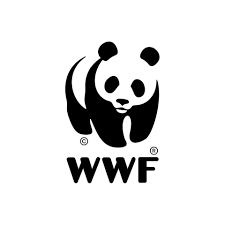
WWF Zambia
Website: https://www.wwfzm.panda.org/
WWF Zambia works to protect our natural resources – rivers, wildlife, forests – so we can continue to benefit from food, energy and water. WWF works to help local communities conserve the natural resources they depend upon; transform markets and policies toward sustainability; and protect and restore species and their habitats.
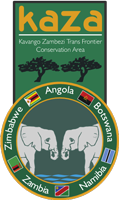
Kavango Zambezi Transfrontier Conservation Area (KAZA TFCA)
Website: https://www.kavangozambezi.org/
The KAZA TFCA is enormous, larger than Germany and Austria combined and nearly twice as large as the United Kingdom. It lies in the Kavango and Zambezi River basins where Angola, Botswana, Namibia, Zambia and Zimbabwe converge.
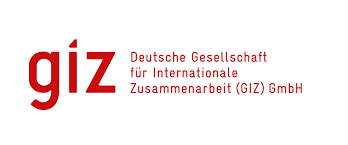
GIZ
GIZ’s work in Zambia addresses the issues of water and energy, agriculture and food security, and good governance. GIZ support programmes such as rural development, sustainable infrastructure, special development, governance and democracy.
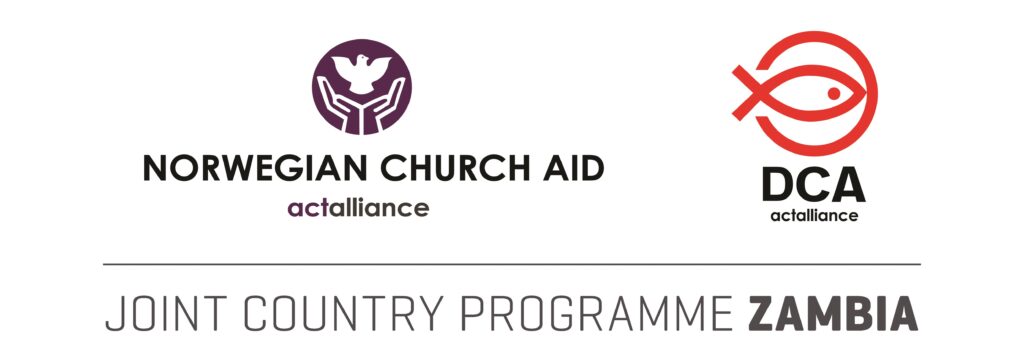
Moderator: Joint Country Programme (JCP)
Website: http://www.nca.no/
The Joint Country Programme (JCP) is a merger of three agencies, Christian Aid (CA), DanChurchAid (DCA) and Norwegian Church Aid (NCA), and was created in 2011 for purposes of working together within the ACT Alliance to: a) create synergy and positive sustainable development in the lives of the poor and marginalised people in the target communities of Zambia, but also to b) reduce costs and increase efficiency and effectiveness.
